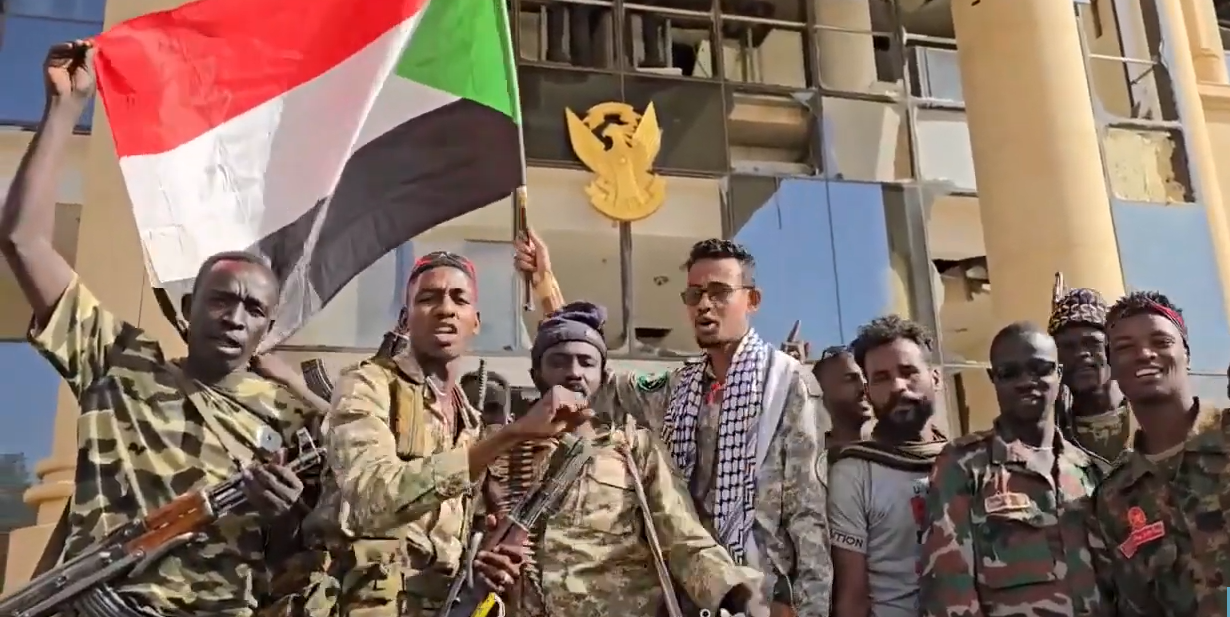Pittsburgh gunman Robert Bowers has entered a “not guilty” plea. Photo: YouTube
The horrific massacre of 11 Jews in Pittsburgh while worshiping on a Sabbath in what should have been a sacred and safe sanctuary has rightfully shocked the nation. The demented killer believed that the Jews were behind the much demonized caravan of refugees streaming from Central America to the United States.
Just three days prior to this anti-Semitic hate crime, two elderly African American shoppers at Kroger Grocery store in Kentucky were gunned down, unprovoked by a suspected White supremacist. The killer had first tried to gain access to a Black church, perhaps to emulate Dylann Roof, the 21 year old White supremacist who was so filled with racist hatred of Blacks that he entered a church in South Carolina in 2015 and shot nine African American worshipers to death. Then as in now, the nation was shocked and the obligatory platitudes were heard from all and sundry, only soon to be forgotten.
Last week’s hate-driven acts of violence within three days of each other represent a dangerous escalation from rhetoric of fear and hate of the “other” to violent action. Racist rants, Islamophobia and xenophobia being spewed incessantly not only by the fringe elements and self-described White nationalists but also by some mainstream politicians who subscribe to conspiracy theories based on manufactured facts and paranoia has helped fuel this climate of hate.
At the 2017 Unite the Right Rally in Charlottesville, White nationalists, including neo Nazis, Klansmen and other White supremacist groups marched chanting “Jews will not replace us.” In August 2016 an Imam and his assistant were shot in the head in broad daylight as they came out of their afternoon prayers in a mosque in Queens, New York.
Hate crimes against Muslims, Jews, African Americans and nonwhite immigrants have been rising since 2015. The ADL, CAIR and the SPLC all report a significant spike in racist and anti-Semitic violence during this period. There’s no need to wonder why. It is during this time that Islamophobia, xenophobia, bigotry and misogyny became fair game in the presidential campaign and continue to animate the base of hard core White nationalist extremists.
The White nationalists feel emboldened to act by the constant demonization of the “other”- references to the refugees as rapists and murderers and Muslims as terrorists. The N-word is now being heard with increasing frequency in public
The great anti-Apartheid fighter and humanist, the late Nelson Mandela, appealing to reconciliation and peace among his people once said, “No one is born hating another person because of the color of his skin, or his background, or his religion. People must learn to hate, and if they can learn to hate, they can be taught to love, for love comes more naturally to the human heart than its opposite.”
It was in that spirit that the United African Congress, a Pan African organization representing the interest of Diaspora Africans in the U.S. started observing the World Interfaith Harmony Week (WIHW) every year since 2012.
In the midst of worldwide conflict that pitted people against each other because of religious, ethnic or other differences, we chose for our 2012 theme at the WIHW “The Diaspora-a Force for Positive Change” citing the ability of the Diaspora from various backgrounds living side by side in harmony in the United States.
The World Interfaith Harmony Week to promote peace and understanding among peoples of the world was first proposed by King Abdullah of Jordan in 2010 and was quickly adopted by the United Nations General Assembly Resolution. In his speech at the UN King Abdullah said, “It is essential to resist forces of division that spread misunderstanding and mistrust especially among peoples of different religions”.
The UN set aside the first week of February each year calling on governments, civil society, schools and other institutions worldwide to observe the week with meaningful programs and initiatives that promote the aim of the WIHW. We heeded the call. The theme of our 2014 participation at the UN was “Tolerance, Reconciliation and Forgiveness” in honor of Nelson Mandela.
In the same vein our program for the 2015 Interfaith Harmony Week was “Interfaith Prayer, Healing, and Community Service in the Cause of Peace” using as an example our experience of mobilizing hundreds of volunteers in our group to help in the aftermath of the devastation from Hurricane Sandy. It was a prime example of people of diverse backgrounds, religions, colors and ethnicities working together for the common good bound by our common humanity.
These days some people are beginning to feel helpless in the face of rising intolerance of and violence against the “other” among us. One begins to wonder where the good people are. The vocal purveyors of hate seem to be driving the narrative.
Unless enough of us speak out and promote our common bond and destiny as humans with practical initiatives, we may find ourselves in the hopeless position of Pastor Niemöller eloquently expressed in those famous words which merit quoting again and again.
“First they came for the socialists, and I did not speak out—Because I was not a socialist.
Then they came for the trade unionists, and I did not speak out—because I was not a trade unionist.
Then they came for the Jews, and I did not speak out—because I was not a Jew.
Then they came for me—and there was no one left to speak for me”.
Mohammed A. Nurhussein, MD
National Chairman of the United African Congress






